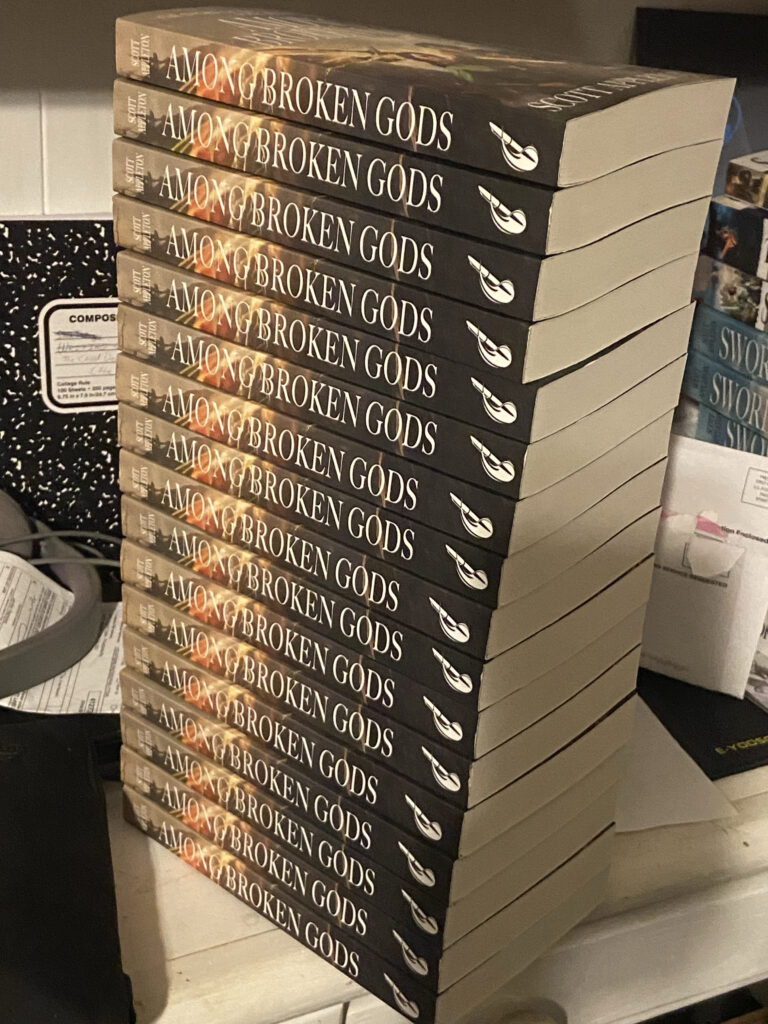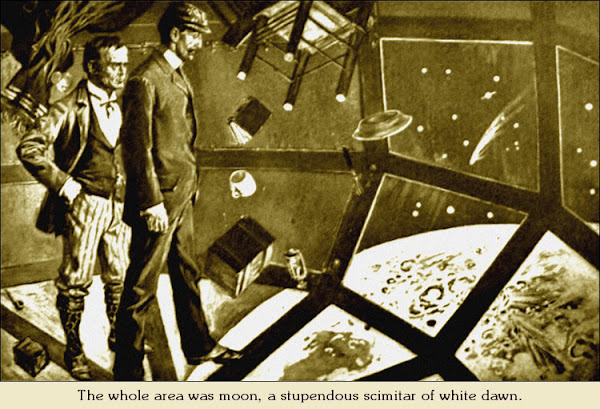My favorite Christmas memories involve unwrapping new books, then lounging on the couch to read while Christmas music played and my family laughed. Christmas is almost here, and the best way I know to celebrate is with a new book!
Among Broken Gods (The Sword of the Dragon series Book 6) already has 5 ratings/reviews on Amazon… and all of them say 5-Stars!

Today my shipment of ABG paperbacks arrived. They look sharp on the shelf😎 Tomorrow, I will be Signing these, and my lovely wife is going to help me package them to ship out to the Kickstarter backers.
God bless you and yours!





Recent Comments